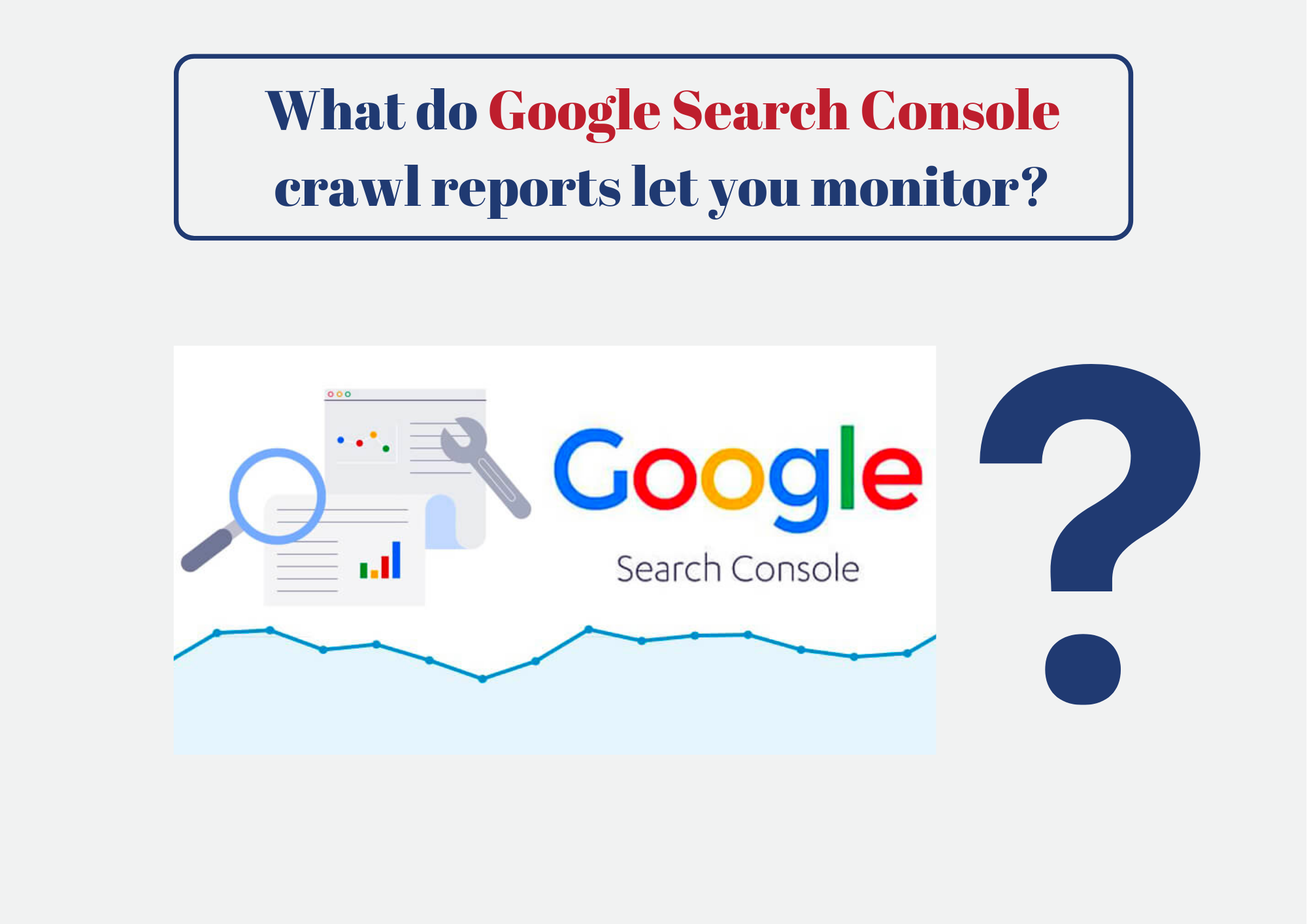
Digital trust is the foundation of any successful online venture. In today’s interconnected world, users expect secure and reliable experiences when interacting with websites. As a website owner, it’s your responsibility to build and maintain that trust.
One of the most important steps you can take is to implement HTTPS (Secure Hypertext Transfer Protocol) on your website. HTTPS is a security protocol that encrypts data transmitted between your website and users’ browsers, ensuring their privacy and security. It’s a critical factor for both SEO and overall website performance.
HTTPS and Security
HTTPS creates a secure connection between your website and users’ browsers by encrypting all data exchanged. This prevents hackers from intercepting sensitive information like passwords, credit card numbers, and personal details. It also protects users from malicious attacks like phishing and malware.
Google and other search engines have long prioritized HTTPS as a ranking factor in their algorithms. Websites that use HTTPS are considered more secure and trustworthy, and are therefore more likely to rank higher in search results.
Google Algorithm Updates Related to HTTPS Security
Google has long emphasized the importance of HTTPS as a ranking factor in its search algorithms. Here are some key updates related to HTTP security and Google’s algorithm changes:
Google HTTPS/SSL Update (August 2014): Google announced that having an HTTPS (secure) site would be used as a ranking signal. This update marked a significant push towards universal adoption of SSL/TLS encryption.
Google’s New Perspective on HTTPS & Page Experience: Recent updates to Google’s documentation have highlighted the role of HTTPS and page experience in search rankings. While HTTPS is recommended, Google now emphasizes the importance of high-quality, helpful content over technical optimizations like HTTPS.
Google’s Continued Emphasis on Security: Google has consistently emphasized website security, with HTTPS being a crucial aspect of ensuring a secure connection between websites and users’ browsers.
Google’s Approach to Page Experience: Google now considers HTTPS and other technical signals as part of a holistic measure of page experience. It’s essential to focus on providing high-quality, in-depth content that offers users a good experience and fulfills their intent.
HTTPS as a Vital Ranking Factor: Despite changes in how Google views HTTPS within its ranking systems, it remains a crucial ranking signal. Implementing HTTPS is still essential for optimizing page experience, especially for websites handling transactions or user data.
Mastering HTTPS for Technical SEO
Implementing HTTPS is a crucial technical SEO strategy. It ensures that your website is crawled and indexed correctly by search engines, and can improve your website’s overall ranking potential.
Here are some key technical considerations for migrating to HTTPS:
- Redirects: You need to set up 301 redirects from your HTTP pages to their HTTPS counterparts to ensure that all traffic is directed to the secure version of your website.
- Mixed content: You need to identify and fix any mixed content issues on your website, where both HTTP and HTTPS resources are used on the same page.
- SSL certificate: You need to obtain and install an SSL certificate from a trusted certificate authority.
Beyond Security: Building Brand Trust
HTTPS goes beyond just protecting user data. It also plays a vital role in building a trustworthy brand image for your website. When users see that your website uses HTTPS, they’re more likely to trust you with their personal information and business.
Here are some additional tips for building trust with your website visitors:
- Invest in a professional website design: Your website’s design is often the first impression users have of your brand. Make sure it’s professional, user-friendly, and visually appealing.
- Be transparent about your data privacy policies: Make sure your website has a clear and easy-to-find privacy policy that outlines how you collect, use, and share user data.
- Provide excellent customer service: Offer responsive and helpful customer support to build trust and loyalty with your customers.
Conclusion
In today’s digital age, HTTPS is a non-negotiable for any website that wants to succeed. It’s essential for both SEO and security, and it plays a vital role in building brand trust.
If you haven’t already done so, I encourage you to implement HTTPS on your website as soon as possible. It’s an investment that will pay off in the long run.






